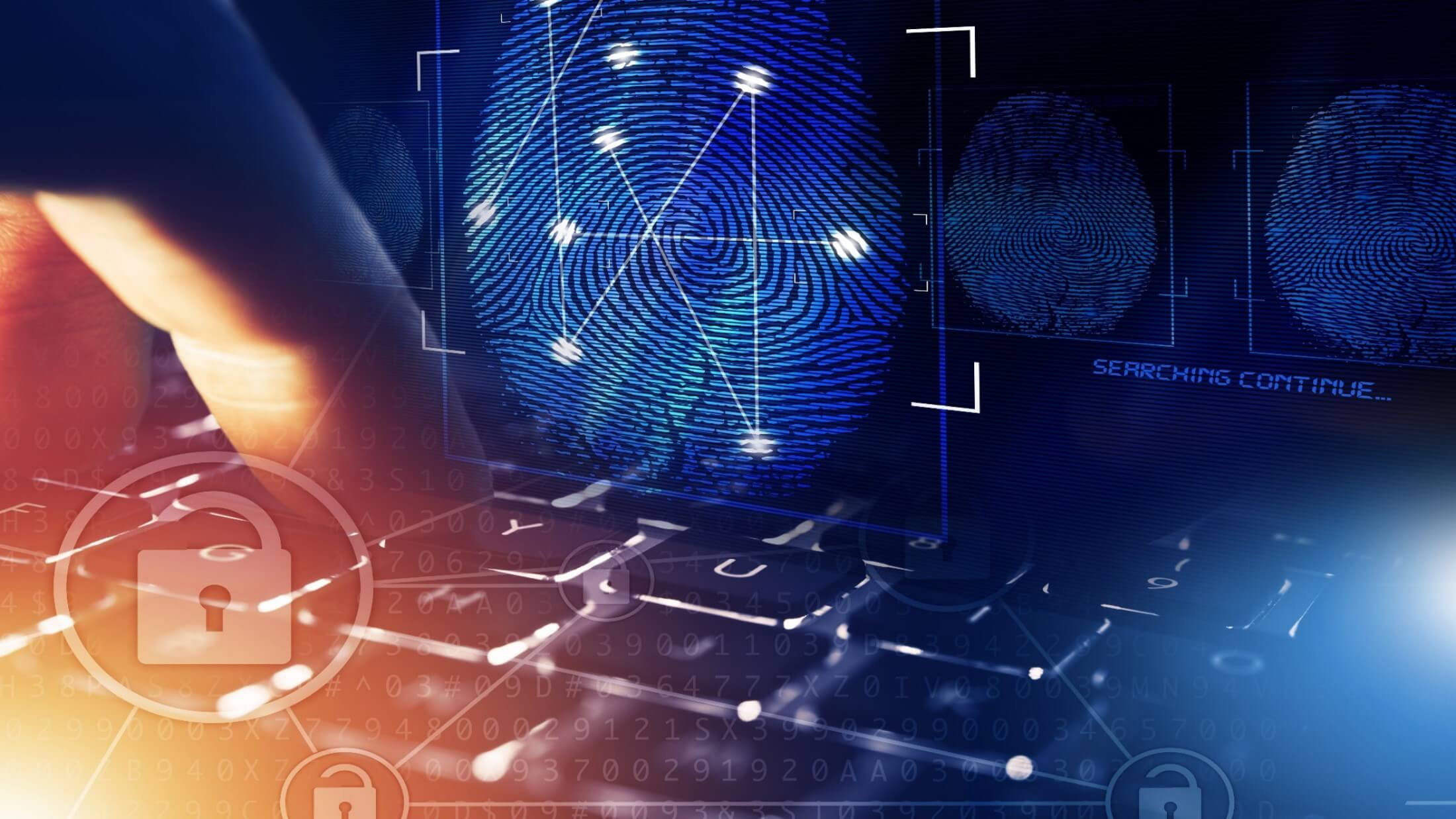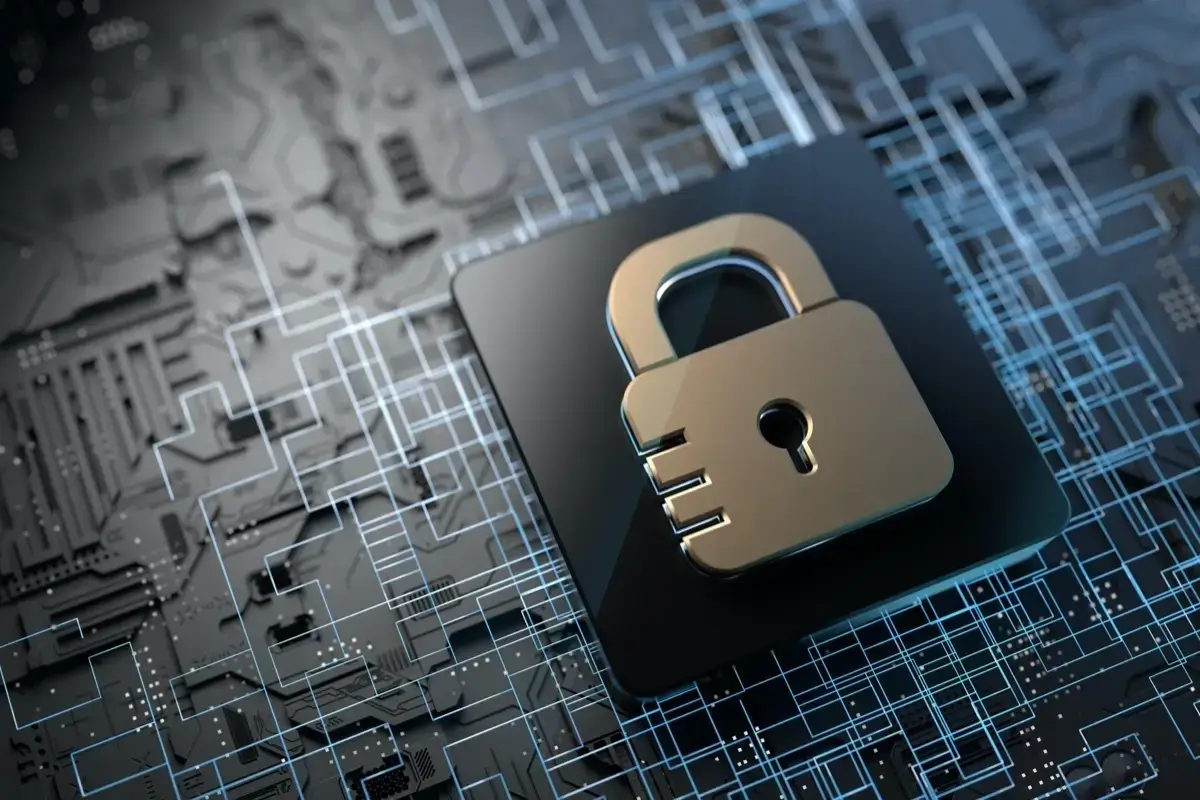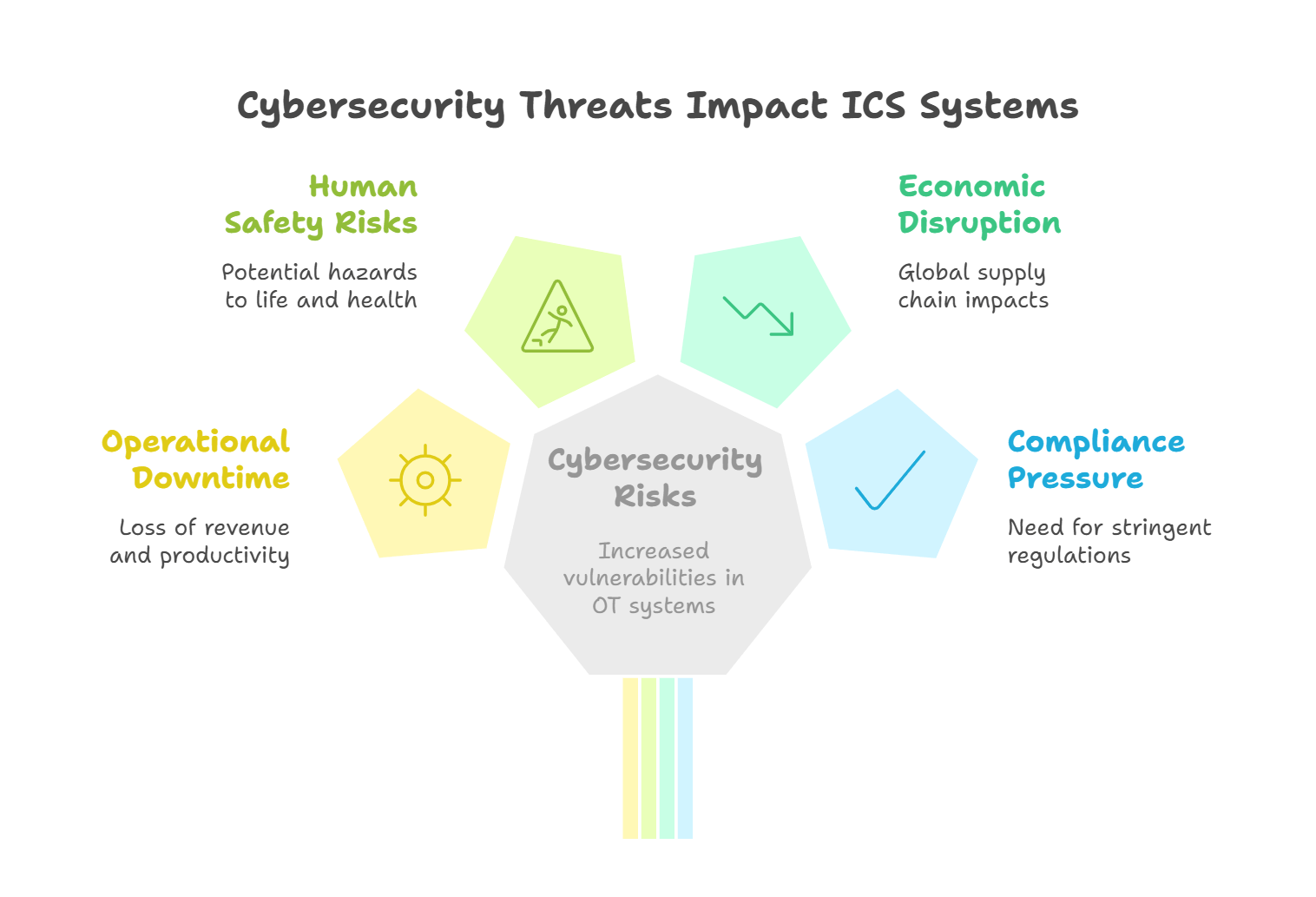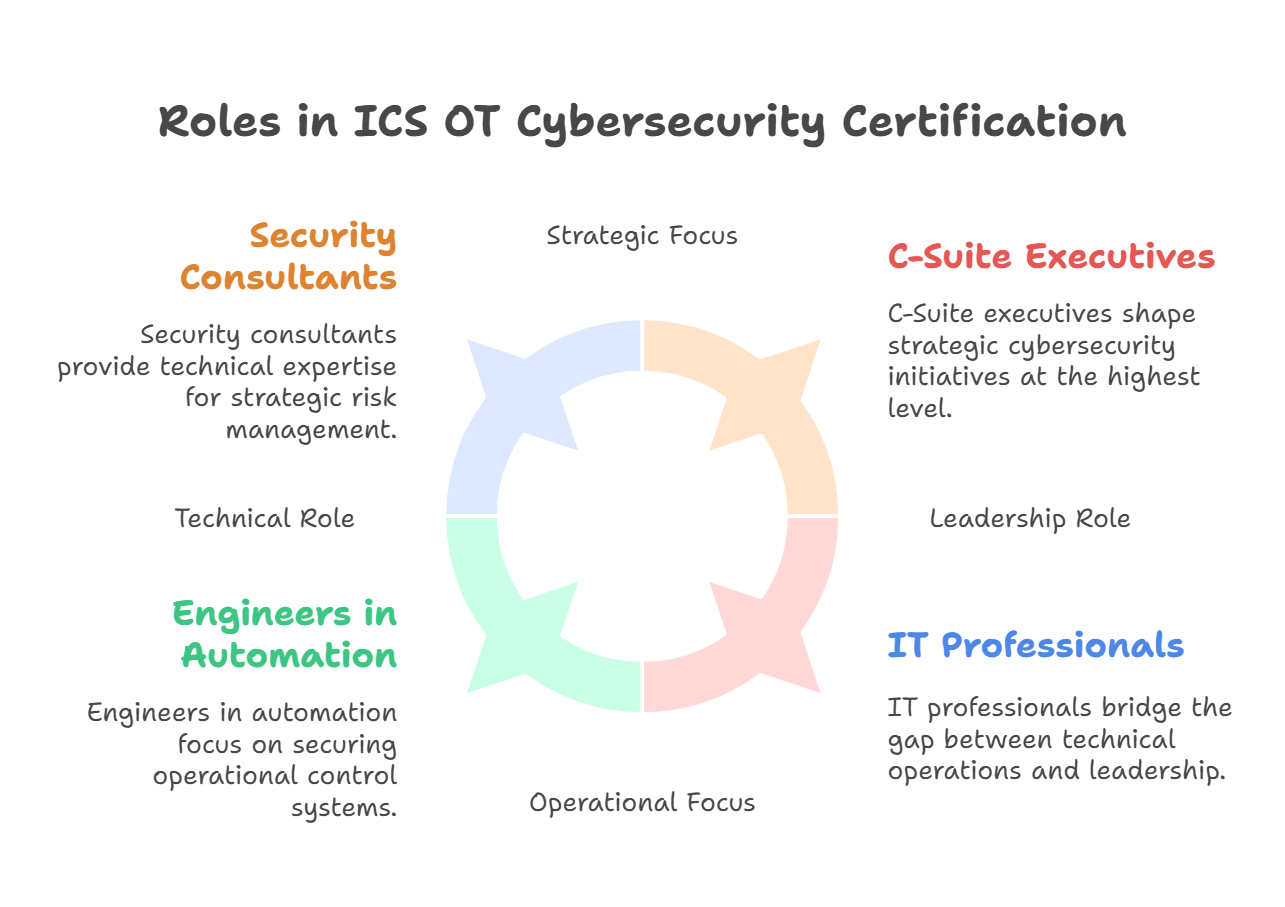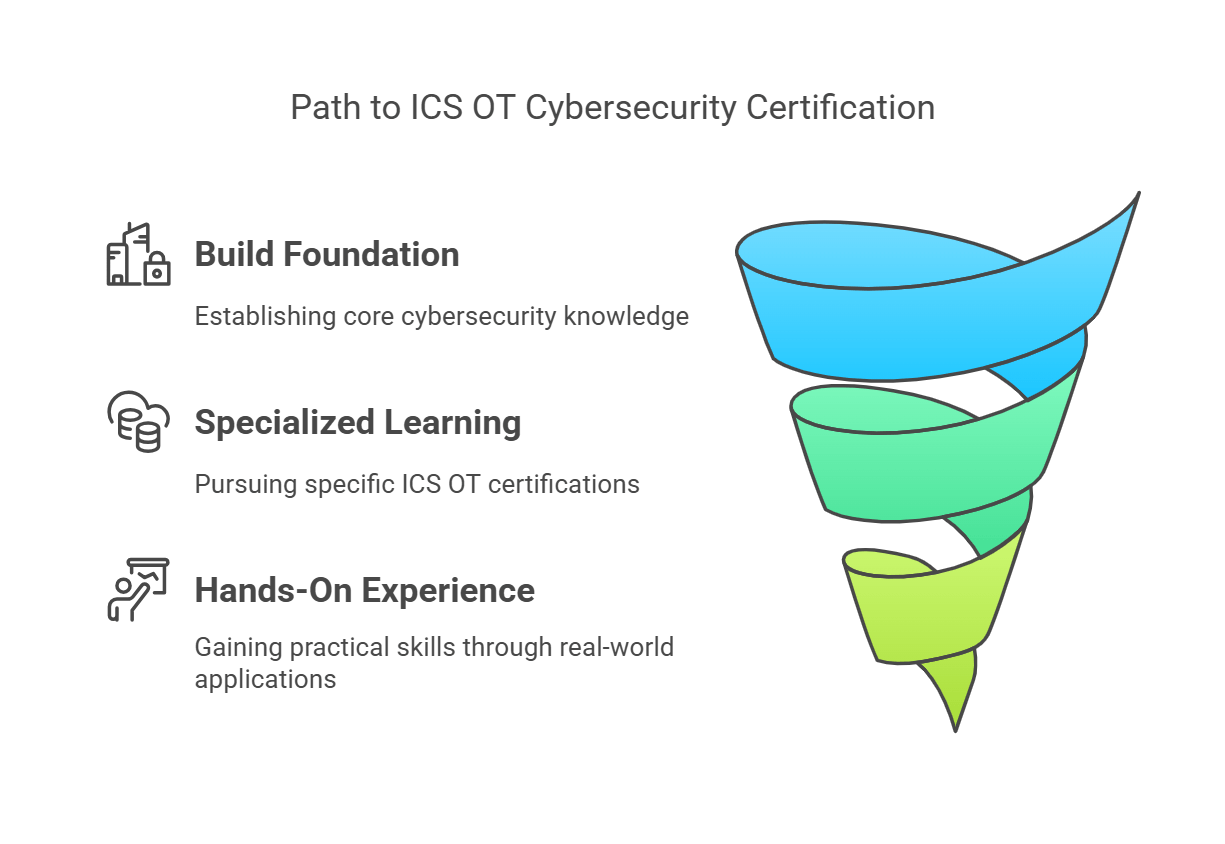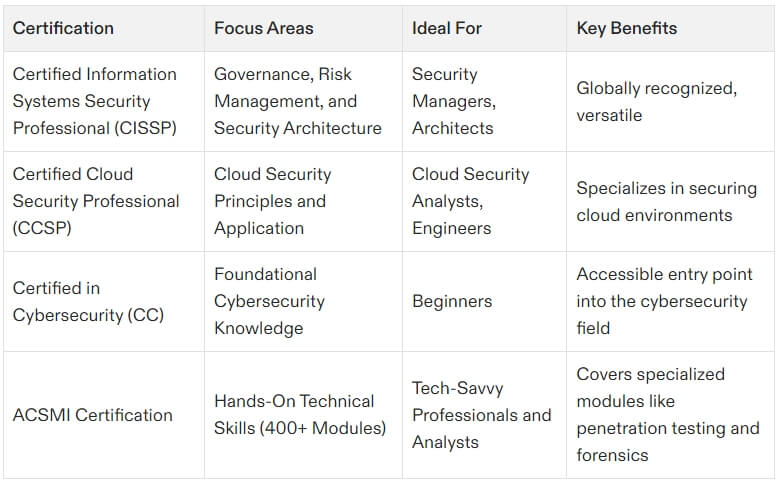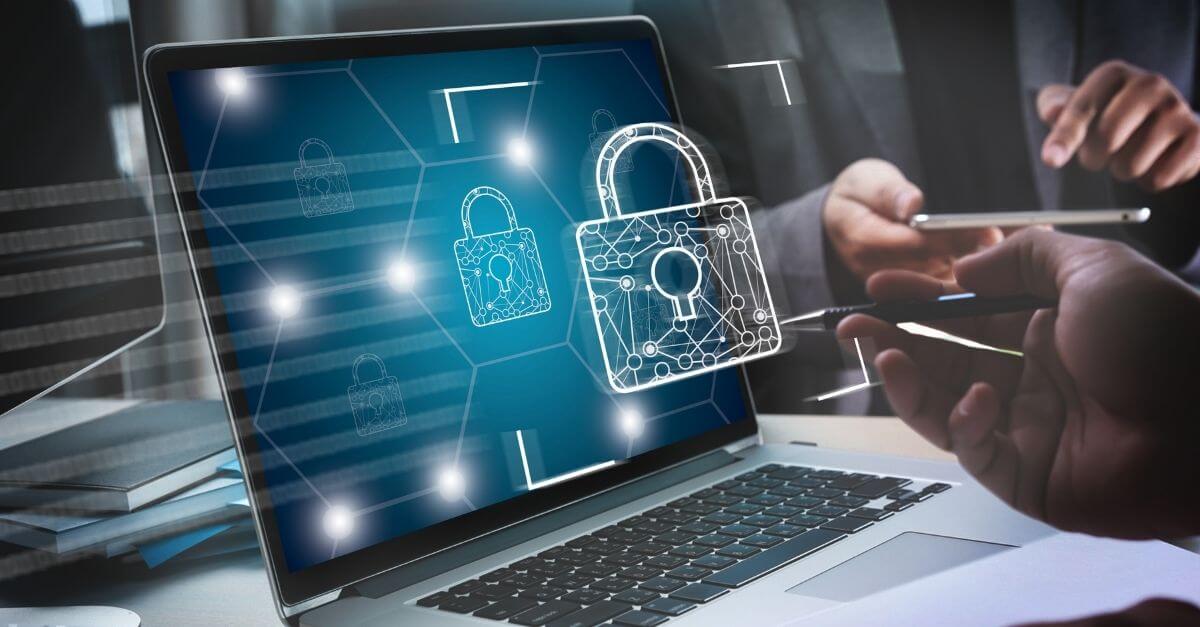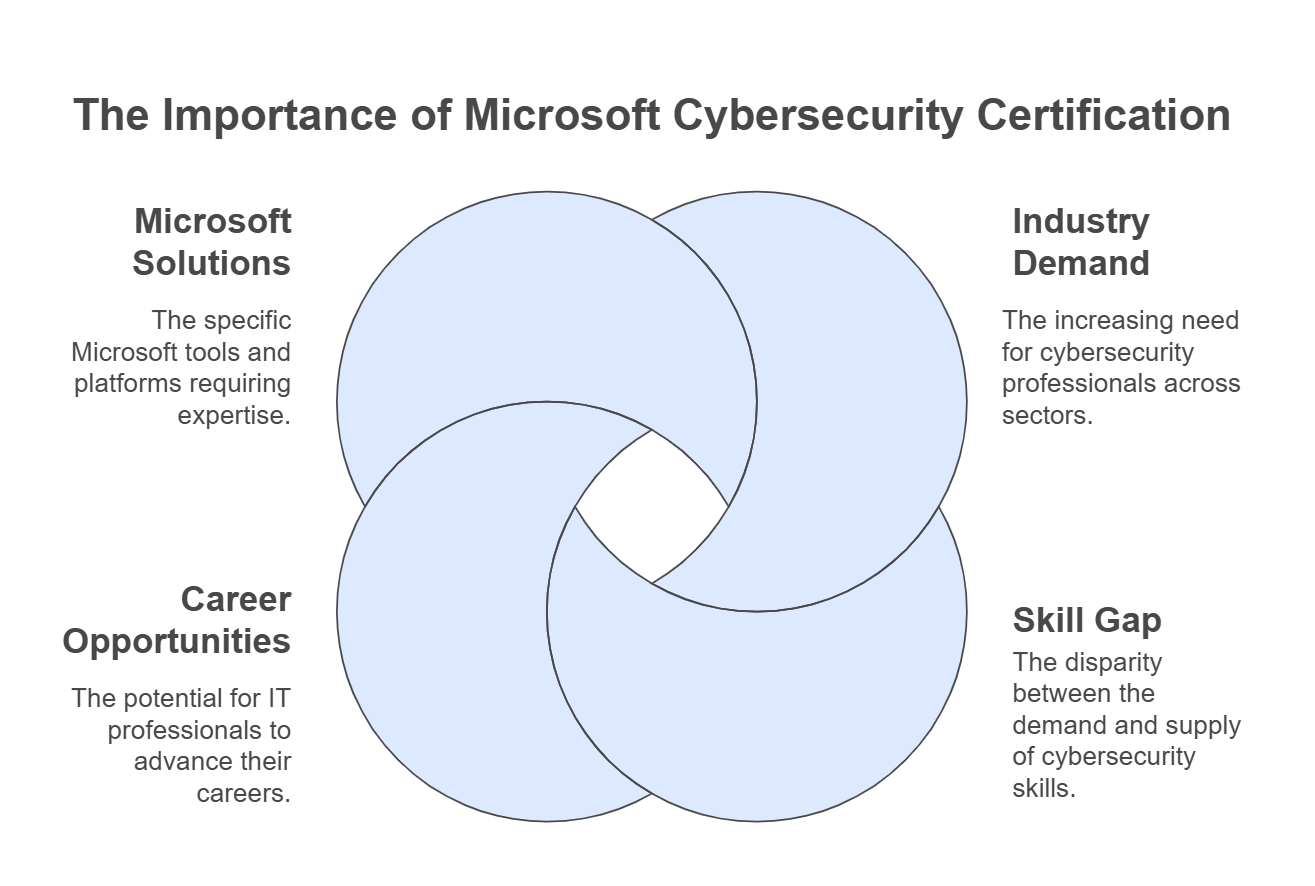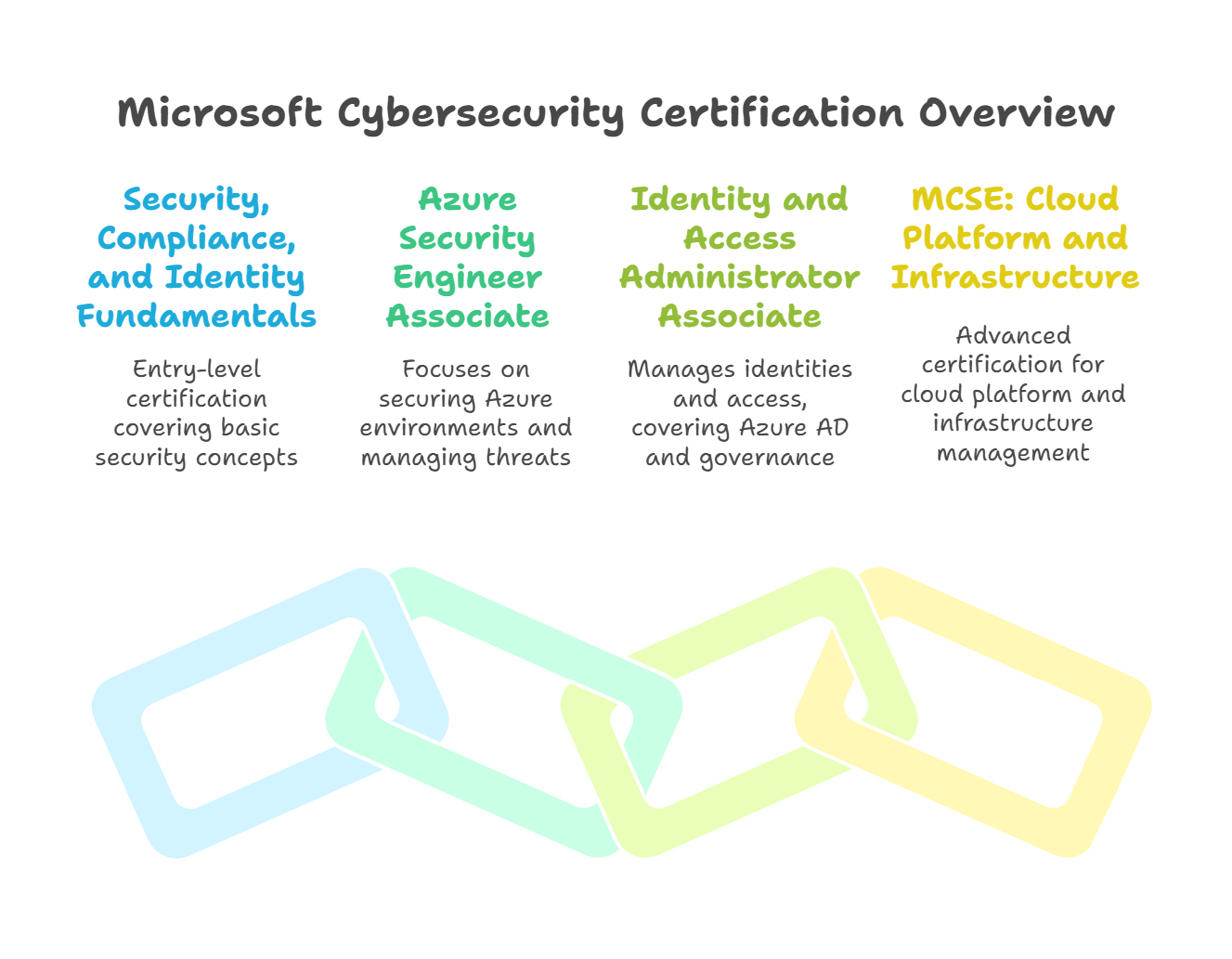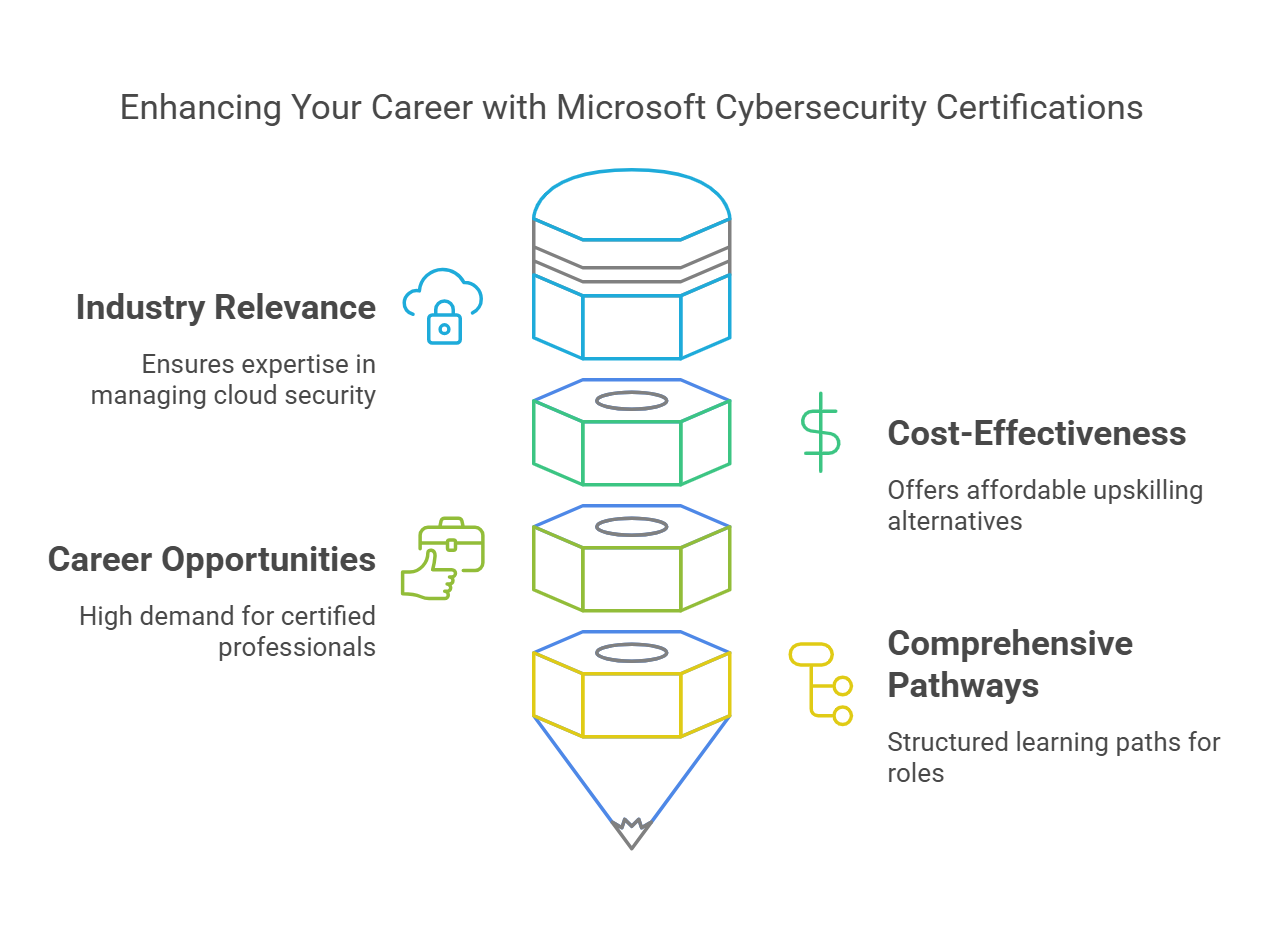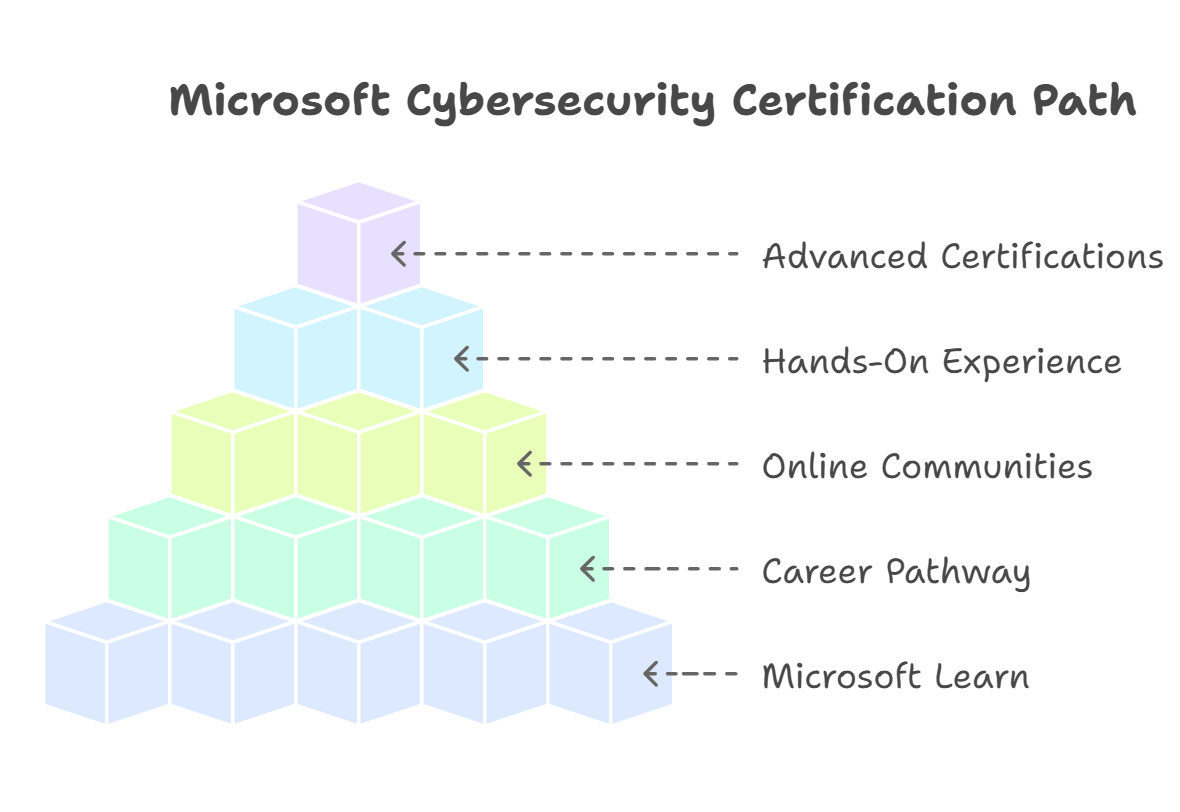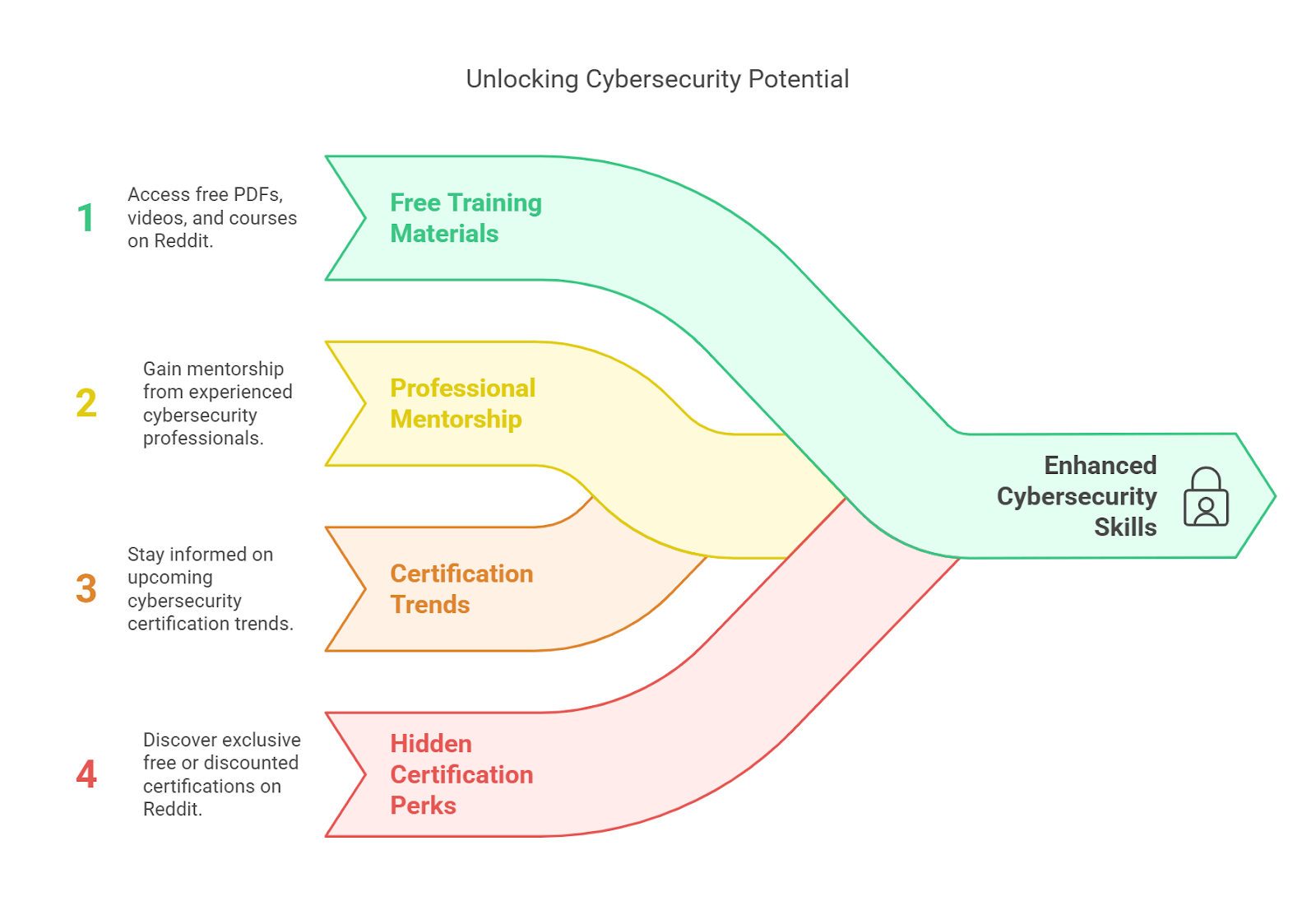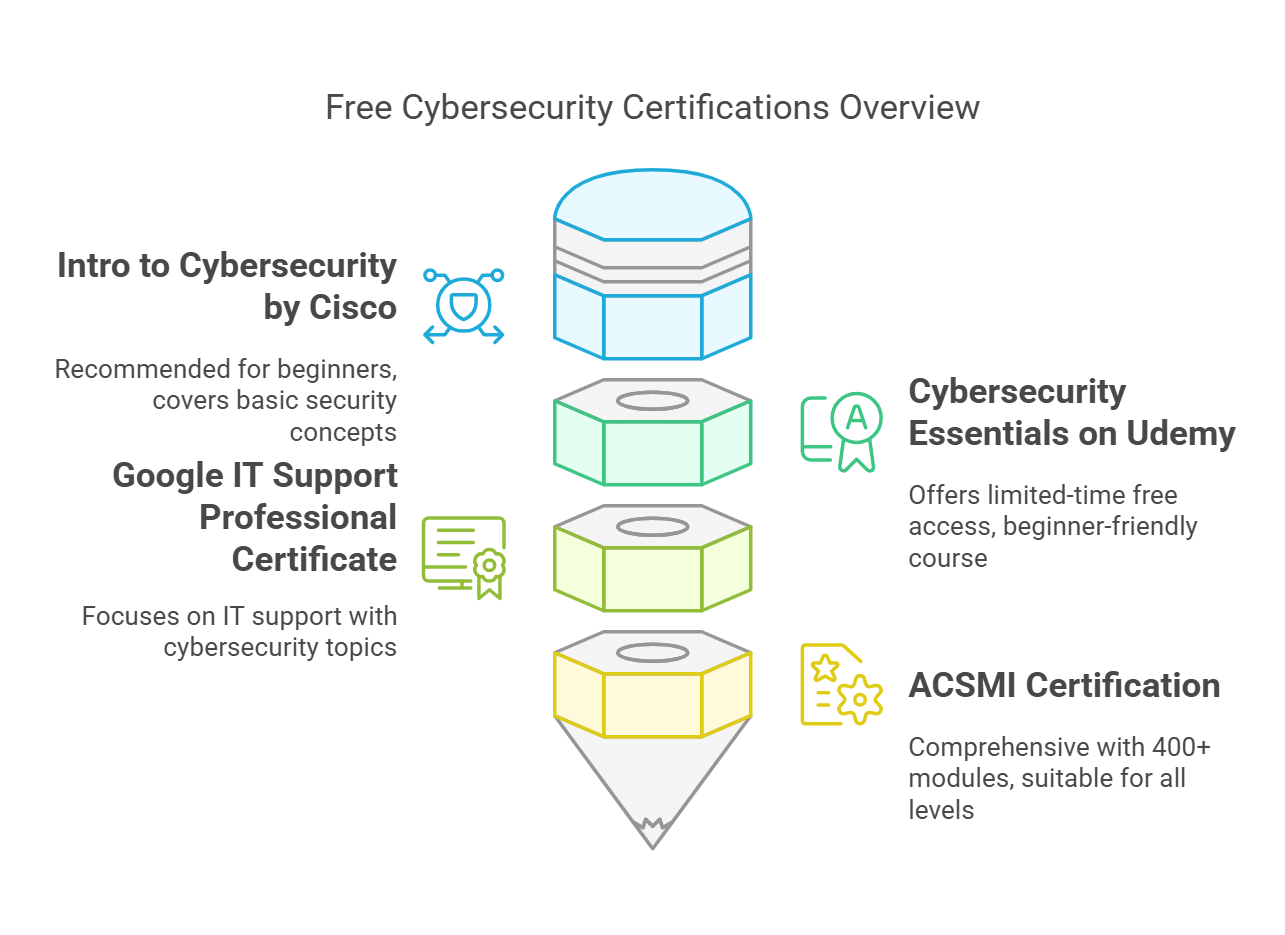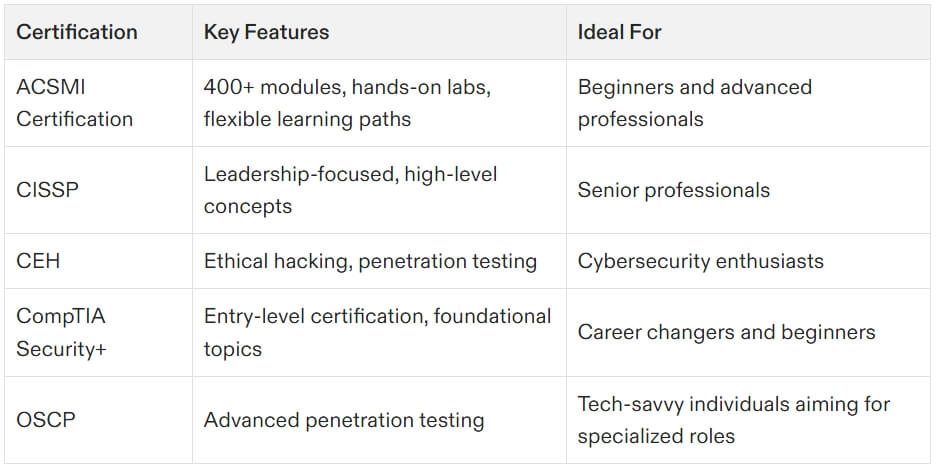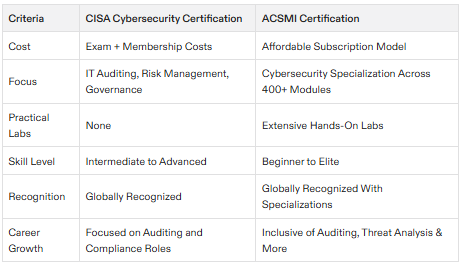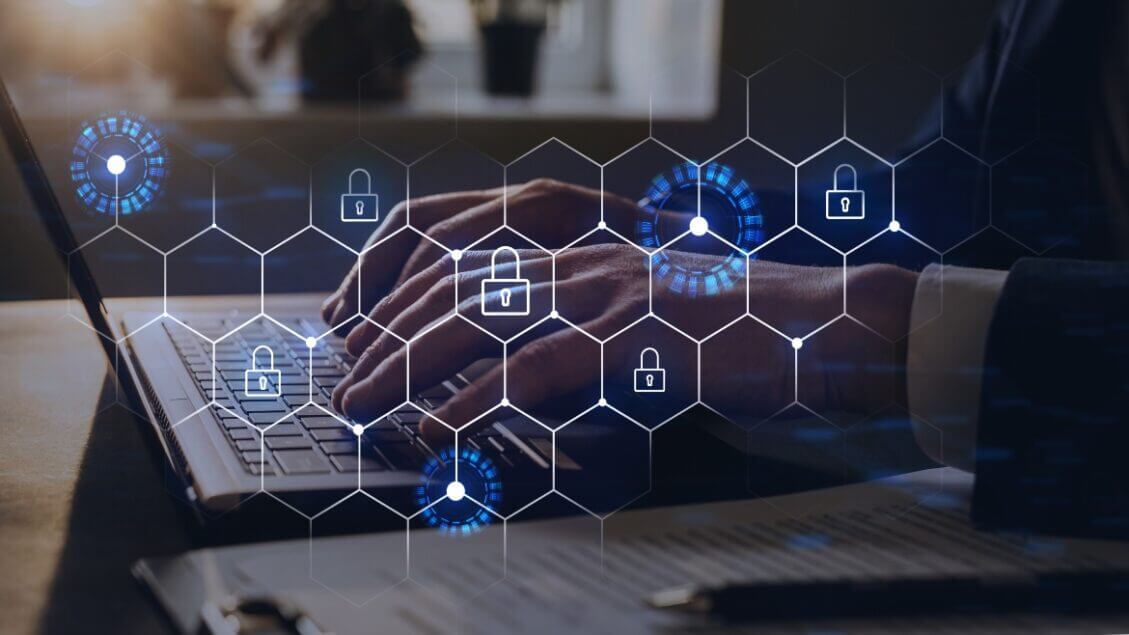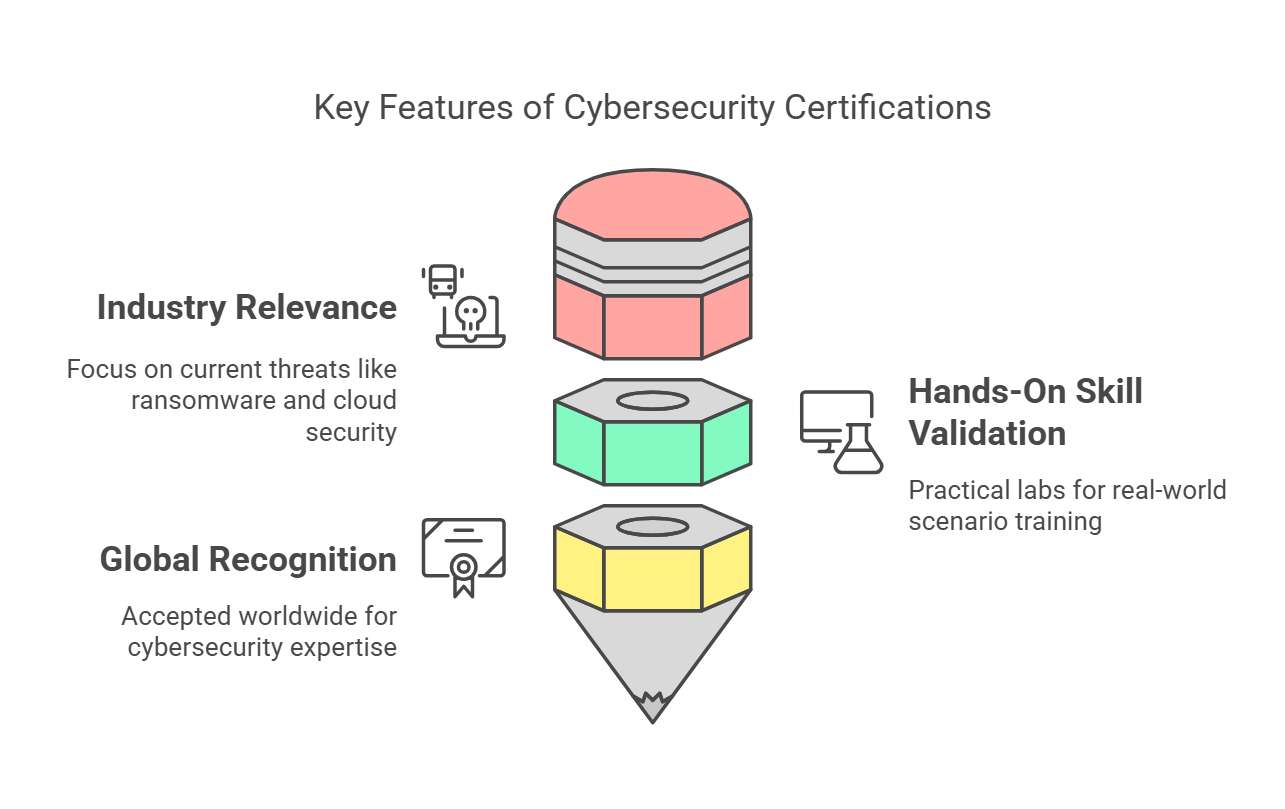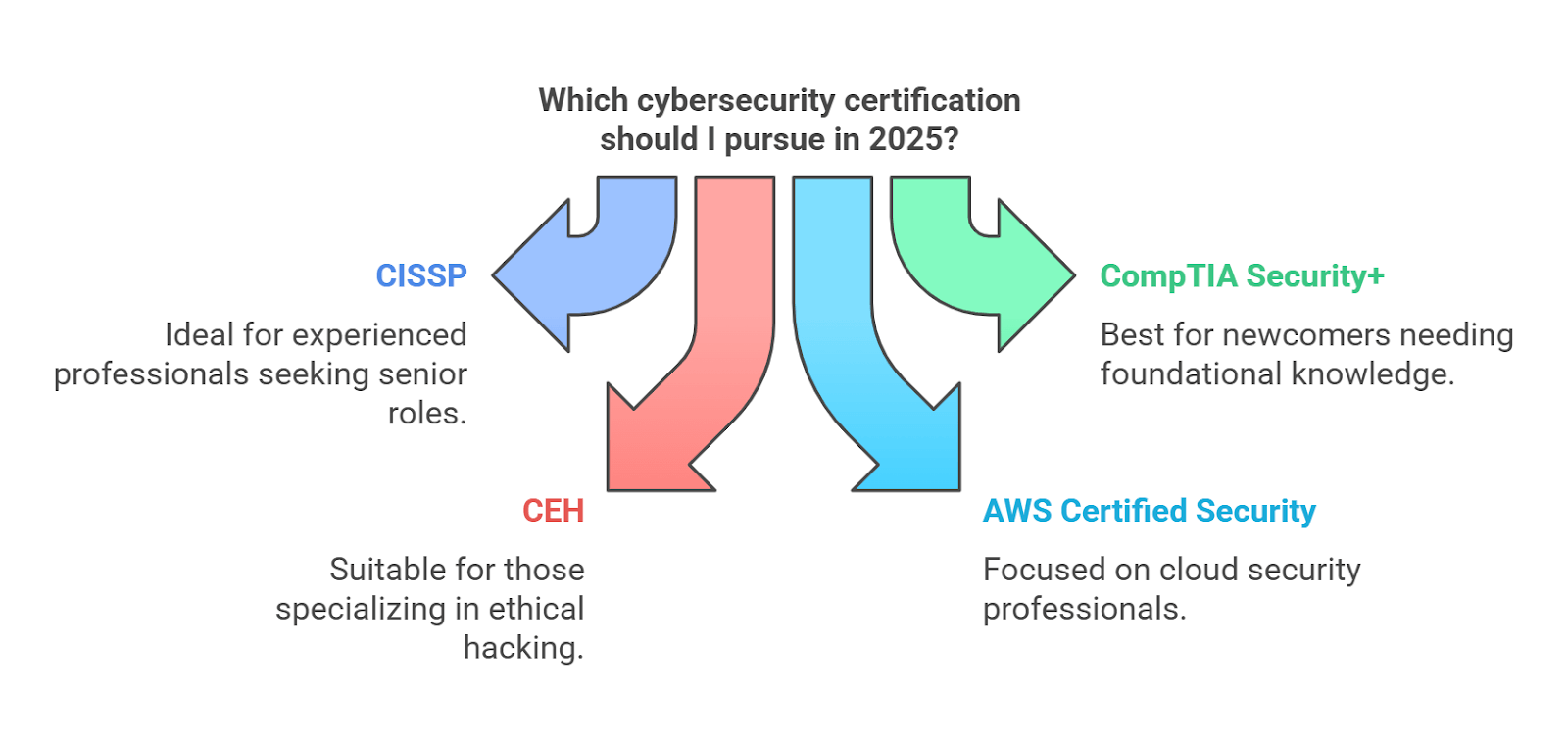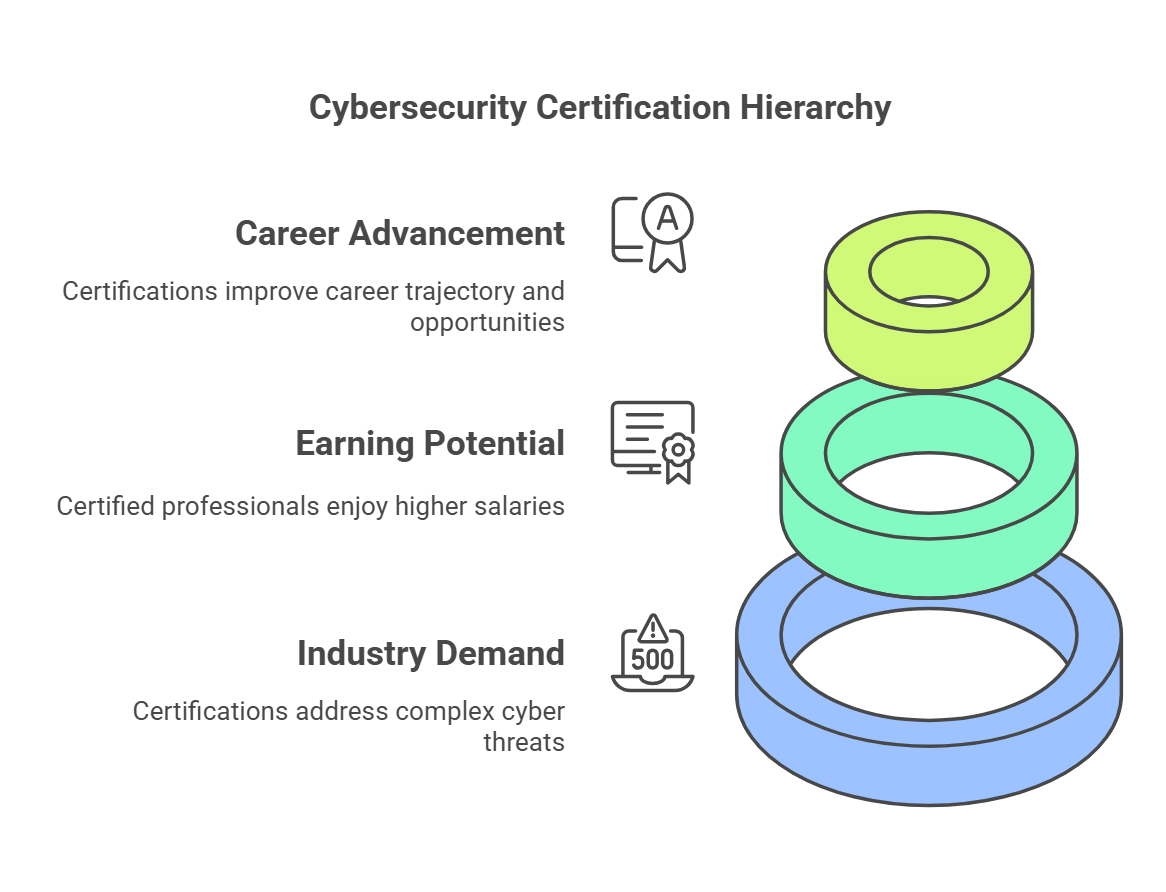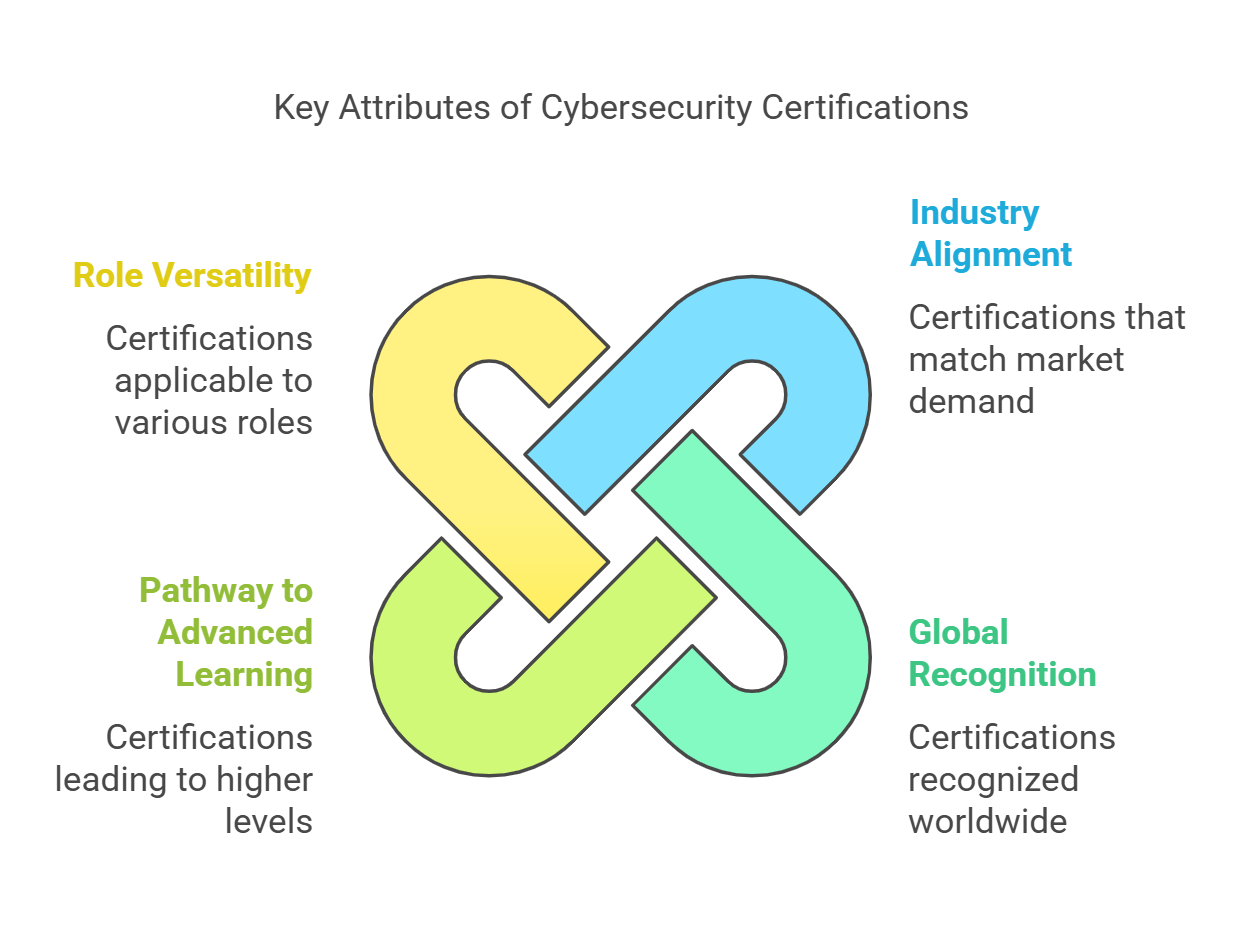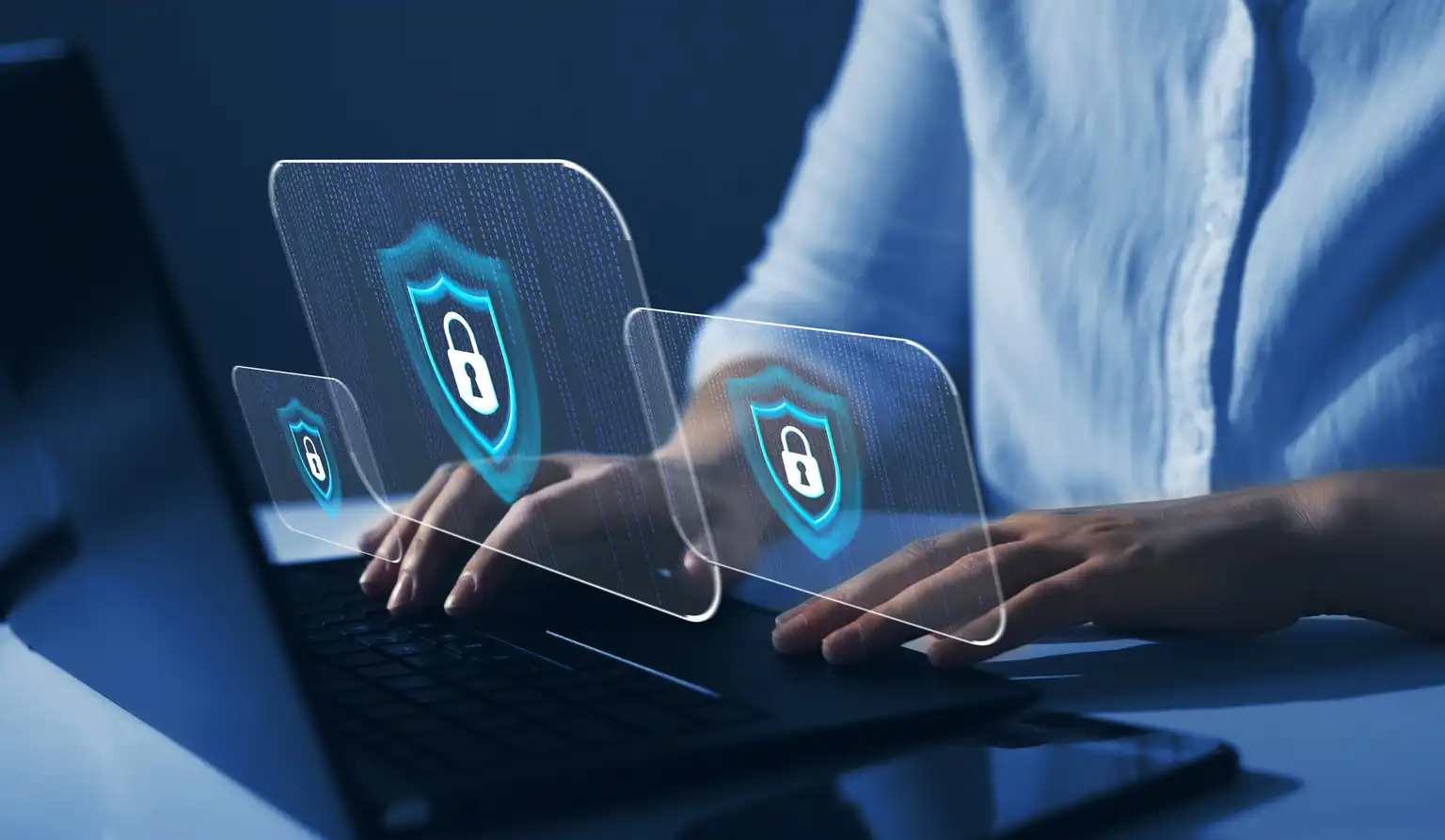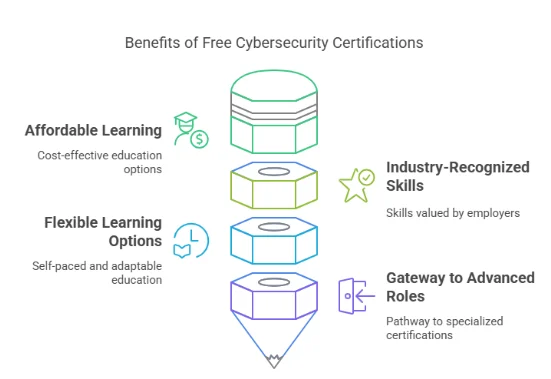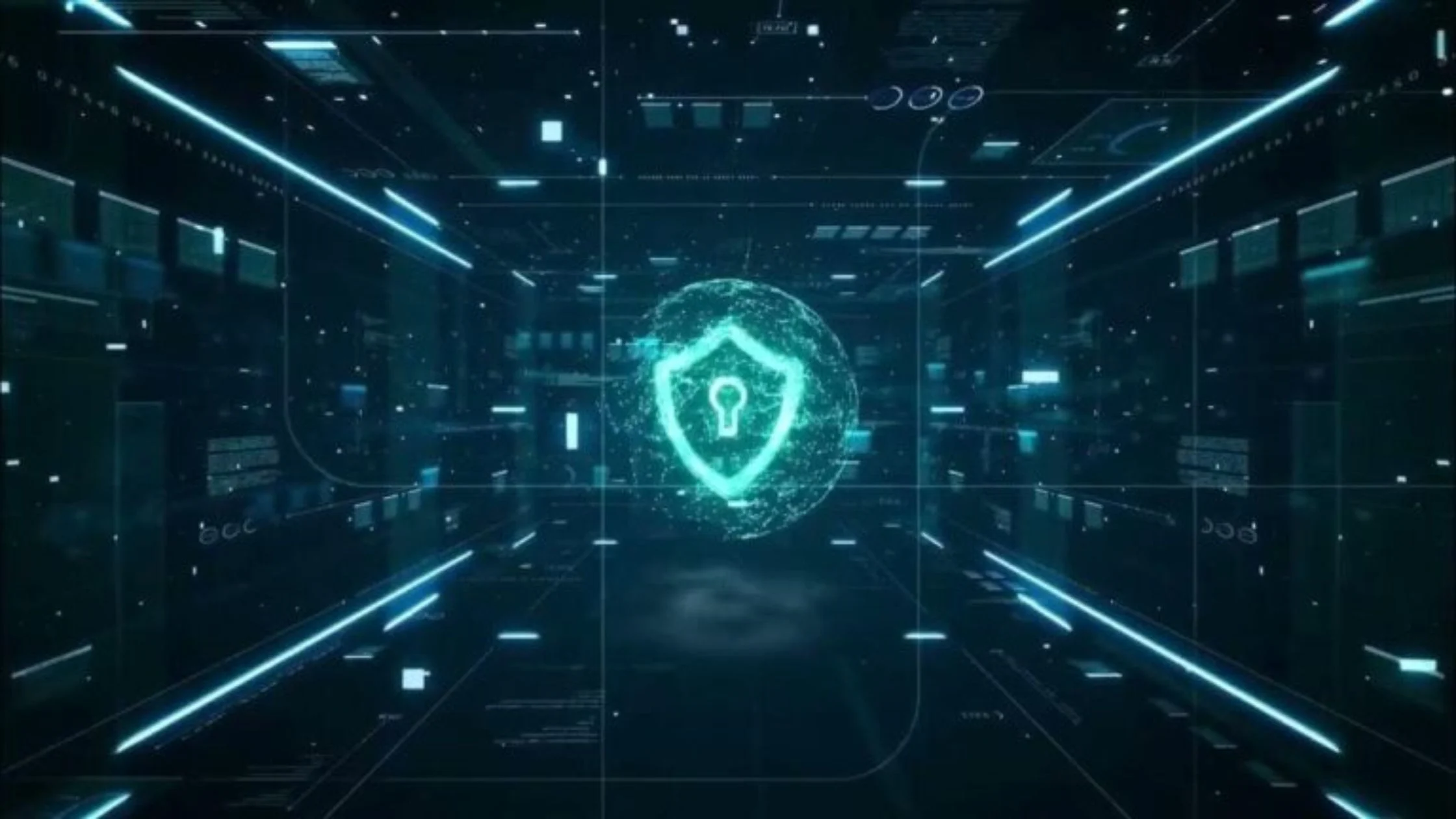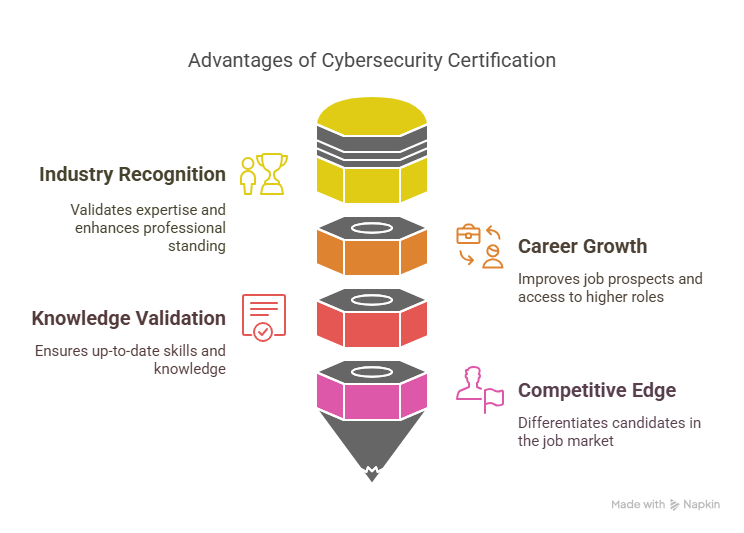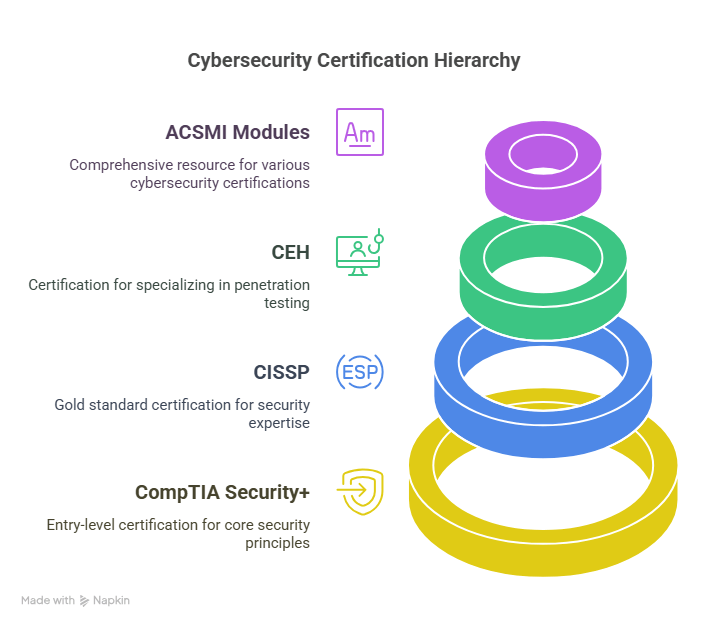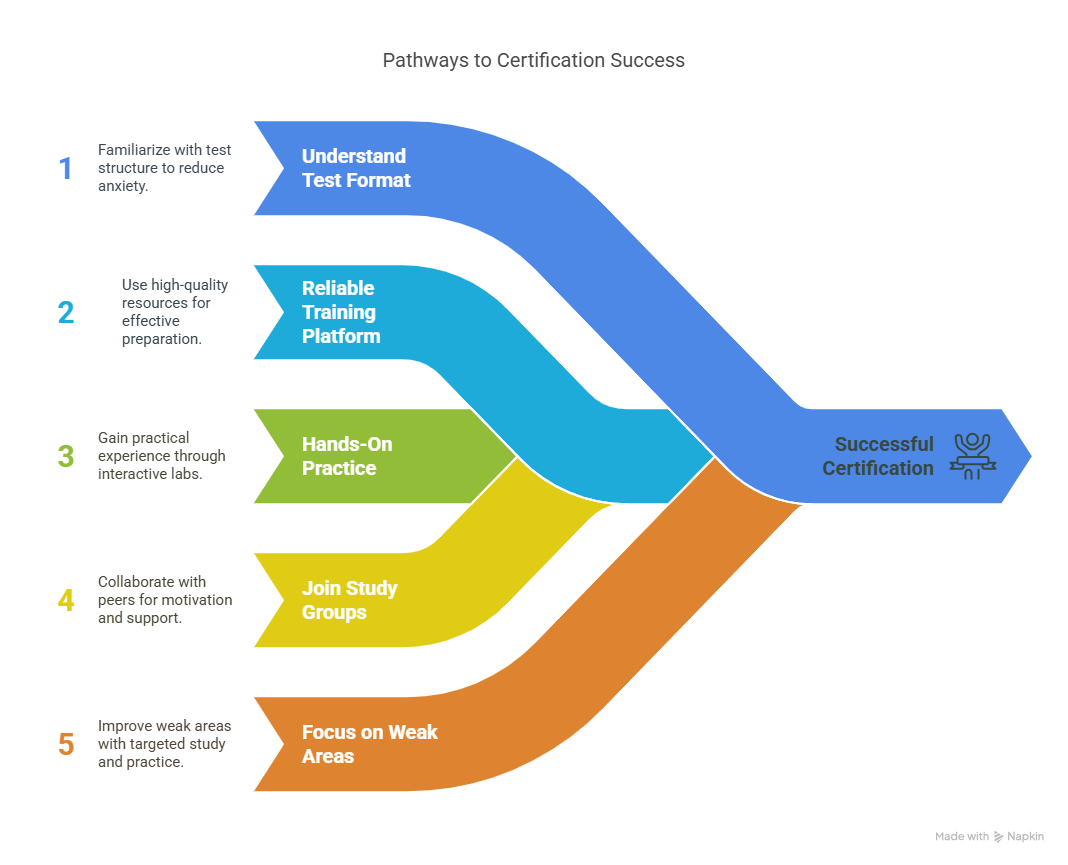Table of Contents
As the digital world continues to expand, cybersecurity remains a critical priority for businesses, governments, and individuals. The increasing frequency of cyberattacks, data breaches, and ransomware threats underscores the importance of cybersecurity professionals who can safeguard systems, data, and digital infrastructure. For many aspiring professionals, the question remains: Is cybersecurity certification worth it? Fortunately, opportunities like a Cybersecurity Certification Course Free can provide a solid foundation without the financial burden, making it easier to enter this growing field.
In this comprehensive guide, we will explore why cybersecurity certifications are not only a valuable asset in today’s workforce but also an essential tool for career growth in the rapidly evolving cybersecurity landscape of 2025. From their impact on job prospects and salary potential to their ability to enhance job security, the benefits of obtaining a cybersecurity certification are undeniable.
The Growing Importance of Cybersecurity in 2025
As we move toward 2025, cyber threats continue to grow in scale and sophistication. It’s projected that cybercrime damages will exceed $10.5 trillion annually by 2025, making it one of the most profitable criminal industries in the world. This rapid increase in cybercrime has highlighted the urgent need for cybersecurity professionals who can protect digital ecosystems.
At the same time, the skills gap in cybersecurity continues to be a pressing issue. With a global shortage of over 3.4 million cybersecurity professionals, organizations are struggling to find qualified experts to fill crucial roles. This widening gap in the workforce has made cybersecurity certifications even more valuable, as they provide a recognized standard of expertise that helps close the skills gap.
What Are Cybersecurity Certifications?
Cybersecurity certifications are credentials earned by passing exams that test both theoretical knowledge and practical skills in specific areas of cybersecurity. These certifications serve as proof that an individual has the expertise to handle real-world cybersecurity challenges.
These programs cover a wide array of topics, including network defense, ethical hacking, incident management, cloud security, blockchain security, and risk management. Certifications like CompTIA Security+, Certified Information Systems Security Professional (CISSP), and ACSMI Certification are among the most sought-after in the industry.
The ACSMI certification, in particular, stands out as an industry-leading program offering over 400 specialized modules, covering everything from IoT security to advanced threat management. This makes it ideal for both entry-level professionals and experienced specialists aiming to tackle modern cybersecurity challenges.
2025 Insight: As we move into 2025, certifications in AI-driven cybersecurity, cloud security, and quantum-safe cryptography will become more important as companies invest in securing emerging technologies. These fields will offer significant opportunities for professionals with specialized skills.
Why Cybersecurity Certifications Matter
To answer the question “Is cybersecurity certification worth it?” we need to explore how these certifications benefit both job seekers and employers in today’s fast-changing cybersecurity environment. With events like Cybersecurity Certification Black Friday, professionals can access these valuable certifications at discounted rates, making it an ideal time to invest in their skills. Here are the top reasons why certifications have become essential:
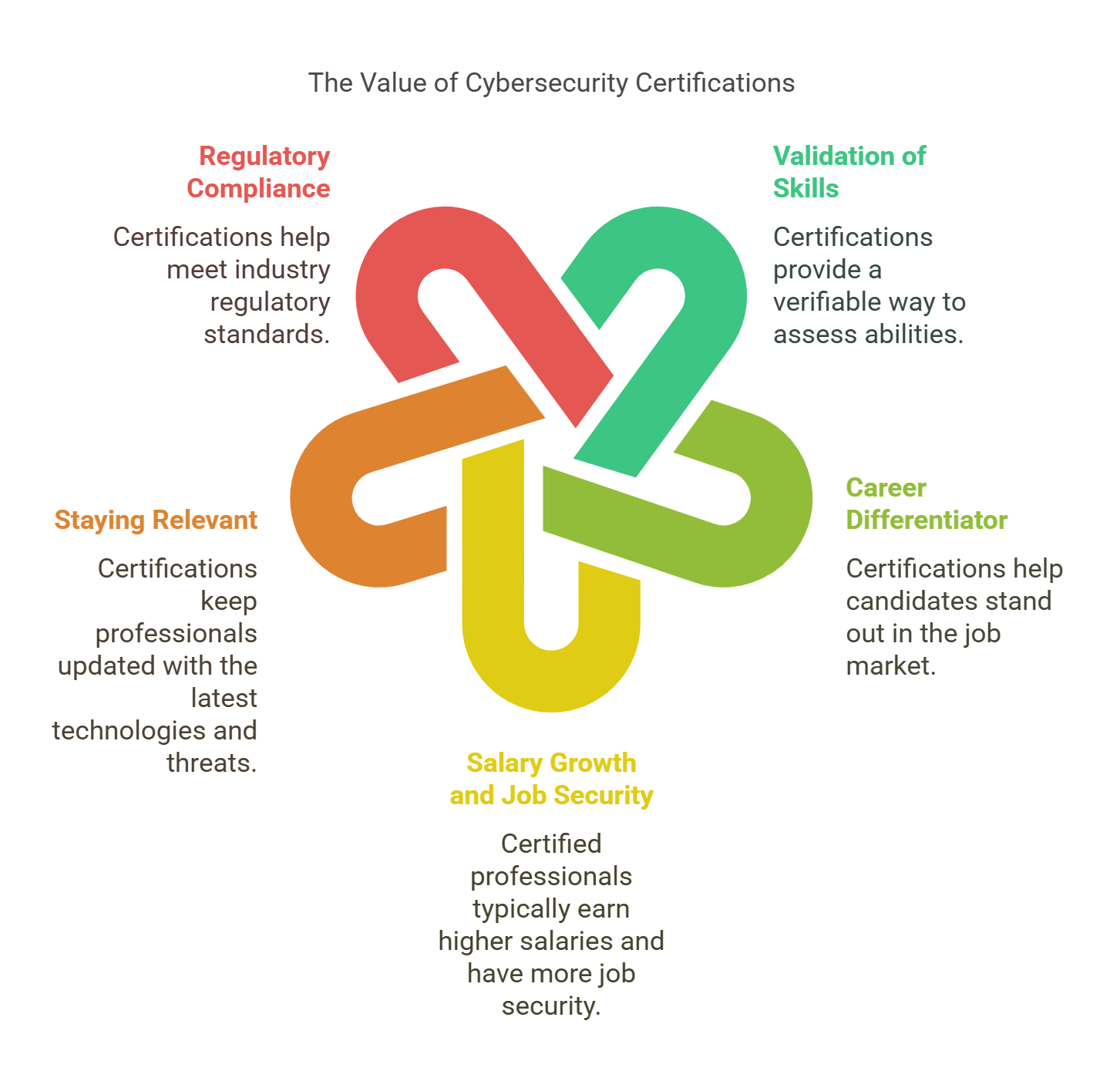
1. Validation of Skills
In an industry where skills gaps are widespread, cybersecurity certifications offer a clear, verifiable way for employers to assess a candidate's abilities. Certifications act as proof that you have the skills to tackle real-world cybersecurity challenges effectively.
2025 Insight: As businesses face increasingly sophisticated cyberattacks, AI-powered security tools and cloud-based defenses will be critical, and certifications in these areas will validate your ability to secure complex IT infrastructures.
2. Career Differentiator
Cybersecurity is a highly competitive field, and certifications help you stand out in a crowded job market. Recruiters often use certifications as a filter when selecting candidates, prioritizing those who have invested in formal training and demonstrate up-to-date knowledge of modern cybersecurity practices.
2025 Insight: In 2025, the demand for professionals with certifications in specialized fields like quantum-safe cryptography and AI-driven security systems will increase, making certifications in these areas even more valuable.
3. Salary Growth and Job Security
Certified professionals typically earn more than their non-certified counterparts. According to industry surveys, cybersecurity professionals with certifications can earn 20-30% higher salaries than those without. Moreover, certifications often increase job security, as they position you as a highly qualified candidate for promotions or new roles.
Certified professionals are also more likely to be in demand for roles such as Cloud Security Engineer, Ethical Hacker, or Security Consultant, which offer long-term job stability and financial rewards.
2025 Insight: By 2025, the earning potential for cloud security experts and AI-driven cybersecurity professionals will increase substantially, making these certifications a worthwhile investment for career advancement.
4. Staying Relevant in a Changing Field
The cybersecurity landscape is constantly evolving, with new threats, tools, and best practices emerging regularly. Cybersecurity certifications ensure that professionals stay up-to-date with the latest technologies, threats, and compliance requirements.
By obtaining certifications, professionals can ensure that their knowledge remains current, giving them a competitive edge in an industry that demands constant innovation.
2025 Insight: As technologies like 5G, AI, and quantum computing reshape the cybersecurity space, certifications in these areas will be essential to staying ahead of new vulnerabilities and protecting next-generation systems.
5. Regulatory Compliance
Certain industries, such as finance, healthcare, and critical infrastructure, require strict cybersecurity protocols to comply with regulatory standards. Certifications help ensure that employees possess the necessary skills to meet these regulatory requirements, which is critical for maintaining legal compliance.
2025 Insight: With increasing global cybersecurity regulations (such as GDPR and CCPA) and a rise in compliance-driven cybersecurity requirements, certifications will continue to be crucial in ensuring businesses can meet these standards and avoid penalties.
Popular Cybersecurity Certifications
There’s no one-size-fits-all when it comes to cybersecurity certifications. The right certification for you will depend on your career stage, interests, and the area of cybersecurity you wish to specialize in. Here are some of the most popular certifications in the industry:
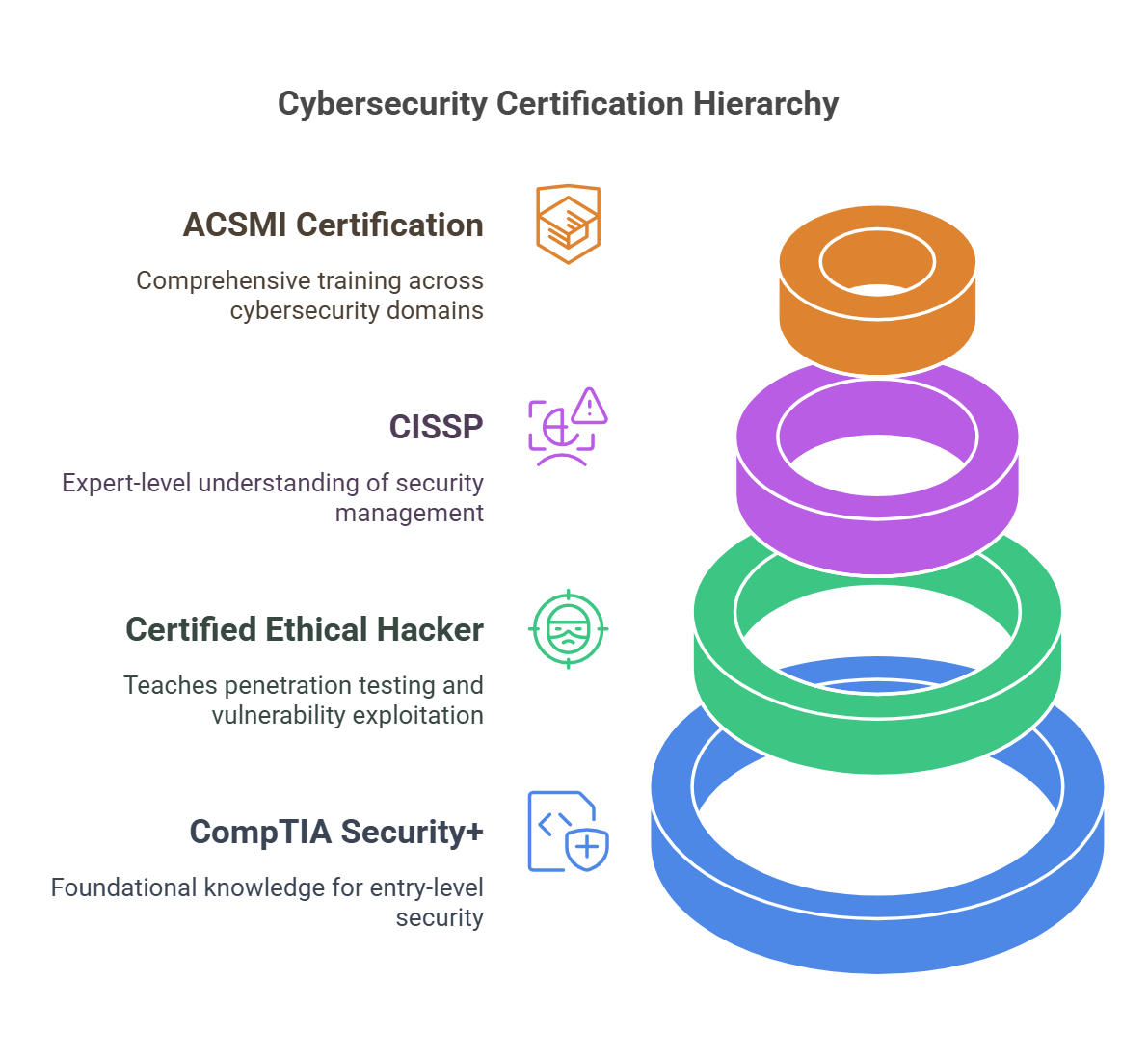
1. CompTIA Security+
An excellent starting point for beginners, CompTIA Security+ covers the basics of network security, risk management, and incident response. This certification is ideal for those entering the cybersecurity field, providing foundational knowledge essential for most entry-level positions.
2. Certified Ethical Hacker (CEH)
The CEH certification focuses on penetration testing and teaches professionals how to identify and exploit vulnerabilities in systems. Ideal for individuals who want to specialize in offensive cybersecurity tactics, CEH is widely recognized and respected in the industry.
3. Certified Information Systems Security Professional (CISSP)
One of the most respected certifications for advanced professionals, CISSP is ideal for those who want to specialize in risk management and engineering. CISSP demonstrates an expert-level understanding of security architecture, engineering, and management.
4. ACSMI Certification
ACSMI’s certification stands out for its practical, hands-on approach to learning. With over 400 modules, ACSMI provides comprehensive training across a wide range of cybersecurity domains, including IoT security, SCADA systems, and advanced malware analysis. It is suitable for both entry-level professionals and seasoned experts looking to deepen their knowledge.
Is Cybersecurity Certification Worth It for Career Growth?
When determining whether cybersecurity certification is worth it, your career stage and goals play a significant role. Let’s break it down for beginners, experienced professionals, and leaders:
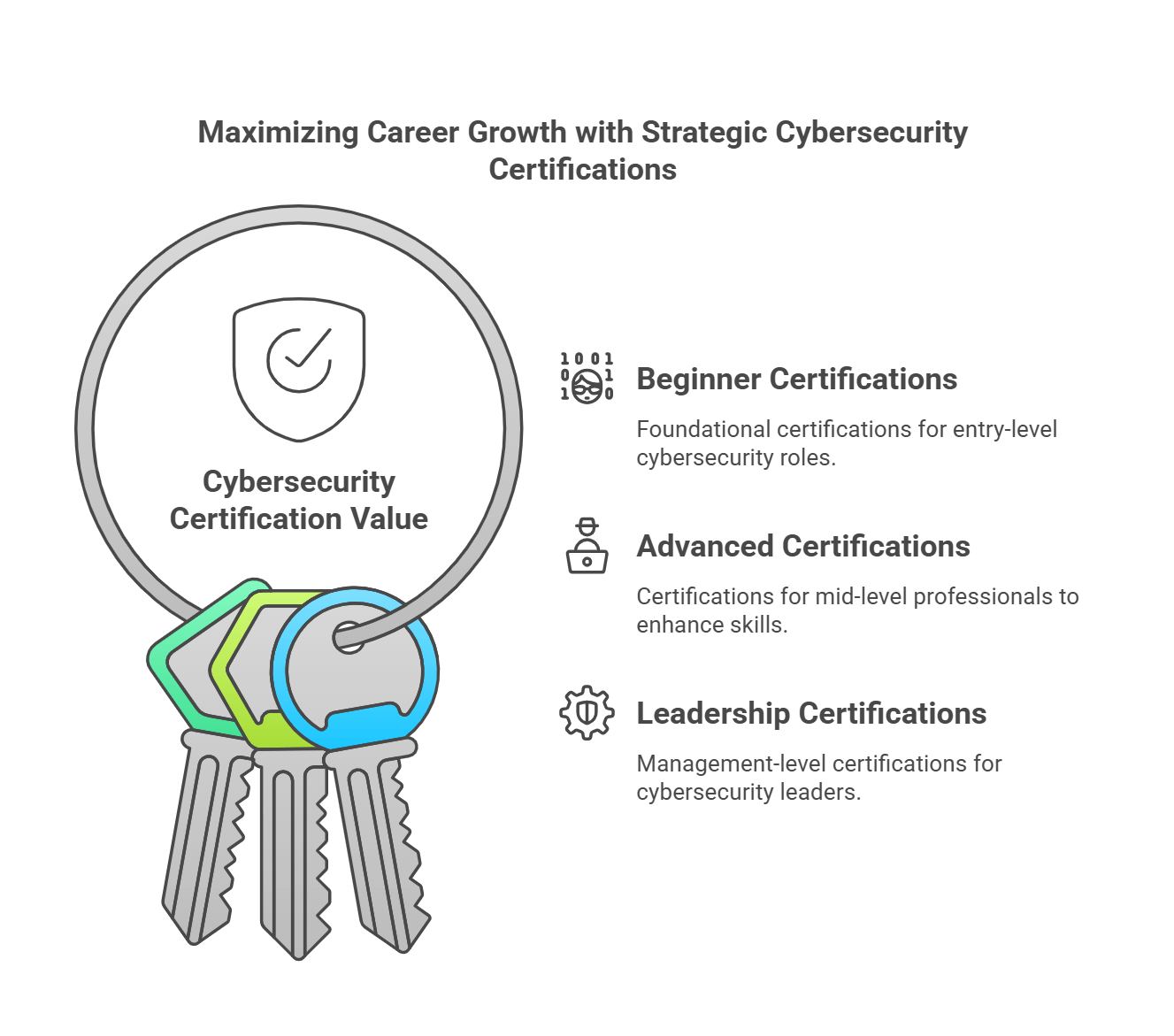
1. For Beginners
For those just starting in cybersecurity, foundational certifications like CompTIA Security+ provide the essential skills needed for most entry-level roles. These certifications cover the basics of network security, risk management, and incident response—skills that are critical for entry-level positions like Security Analyst or IT Security Specialist.
2. For Experienced Professionals
Mid-level professionals who already have experience in the field should consider certifications like ACSMI or Certified Ethical Hacker (CEH). These programs focus on advanced skills, including malware analysis, penetration testing, and IoT security. Professionals who hold these certifications are highly sought after for roles such as Penetration Tester or Incident Response Specialist.
3. For Leaders
Cybersecurity professionals aiming for leadership roles should focus on management-level certifications like CISSP. These certifications validate your ability to oversee cybersecurity projects, communicate risk strategies, and manage teams. CISSP and similar programs are critical for those seeking roles like CISO (Chief Information Security Officer) or Cybersecurity Program Director.
The ROI of Cybersecurity Certifications
Cybersecurity certifications offer significant returns on investment (ROI). The financial and career benefits of holding a relevant certification are clear:
Cybersecurity Certification Discount: Taking advantage of available discounts can make these valuable credentials more accessible.
-
Job Security: Professionals with certifications are less likely to be laid off during downturns in the economy.
-
Salary Boost: Certified professionals earn up to 30% more than their non-certified counterparts.
-
Job Offers: The likelihood of receiving job offers increases by 15% for candidates with recognized certifications.
On average, cybersecurity professionals with certifications report an annual salary of approximately $105,000, and those with advanced certifications can expect even higher salaries. Additionally, certifications often open doors to senior roles, offering long-term career growth.
2025 Insight: As organizations invest in AI-driven security systems, cloud security, and quantum-safe encryption, certifications in these areas will become even more lucrative.
Combining Certifications With Practical Experience
While certifications are essential, pairing them with hands-on experience is the key to standing out. Employers are looking for candidates who not only understand theory but can also apply their knowledge to real-world scenarios. Programs like ACSMI offer real-world training that helps professionals gain practical experience with tasks like malware containment, phishing attack mitigation, and incident response management.
2025 Insight: As cybersecurity automation becomes more widespread, practical experience with automated threat detection tools will be increasingly valuable.
Final Thoughts
To answer the question, “Is cybersecurity certification worth it?”—the answer is a resounding yes. Cybersecurity certifications provide validation of your skills, enhance your job prospects, and significantly boost your earning potential. Whether you're just starting your journey or aiming to specialize in emerging fields like AI-driven security or cloud computing, certifications will help you stay competitive and relevant in 2025 and beyond.
Start your certification journey today and position yourself for a successful, lucrative career in one of the most in-demand industries in the world.
FAQs About Cybersecurity Certifications
1. Is cybersecurity certification worth it for beginners?
Absolutely! Certifications like CompTIA Security+ are perfect for beginners, as they provide the foundational knowledge needed to launch a career in cybersecurity.
2. Which certification should I pursue first?
It depends on your goals, but CompTIA Security+ is an excellent starting point. For those interested in more specialized fields, certifications like ACSMI or CEH are great for advancing your career.
3. Are certifications better than degrees in cybersecurity?
Both certifications and degrees have their benefits. Certifications provide focused, job-ready skills, while degrees offer a broader academic foundation.
4. How often should certifications be renewed?
Most certifications require renewal every three years to ensure professionals stay updated on the latest industry trends.
